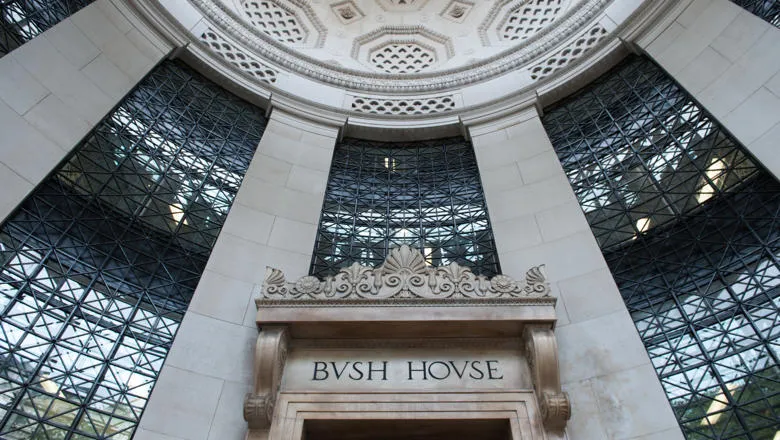1924-9. Labour and the Nation? Tensions and Legacies of Labour’s first experiences of office
Bush House, Strand Campus, London
Speaker : Professor Matthew Innes, Birkbeck, University of London
Addressing a new electorate in the age of mass democracy, Labour leaders through the 1920s struck a note of reassurance by presenting their programme as one of peaceful transition achieved through existing constitutional structures, aiming at national renewal not the dominance of any one class or interest.
This talk will focus on the tensions that followed as Labour leaders encountered the realities of government whilst managing the expectations of supporters. Before and through the 1920s, the terms of Labour’s engagement with the ‘machinery of democratic government’ were the focus of sharp debate within and without. Labour’s leaders had a limited range of available models at hand: experiences of workplace and national industrial relations; of school boards, poor law guardians and local government; of liberal-radical advocacy within Parliament and of the outdoor politics of agitation and demonstration. Eagerly watching supporters had widely divergent understandings of the Party: as the heir to a tradition of radical dissent, as the vehicle for a socialist programme, as the advocate for the unemployed and dispossessed, as the voice of distressed regions and industries, as the parliamentary representatives of a class, or as the political arm of the trades union movement.
The tensions played into the trauma of 1931, in the aftermath of which those first experiences of office became reshaped in the Party’s mythology into a narrative of betrayal, teaching moral lessons which framed current debates for much of Labour’s subsequent history.
This event series is hosted by the History Department in collaboration with King’s Contemporary British History and the journal Renewal.
Search for another event

